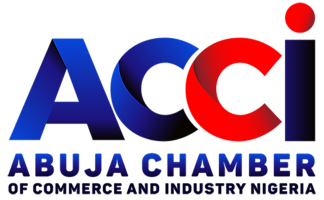The President, Abuja Chamber of Commerce and Industry, Adetokunbo Kayode, has urged the Federal Government to sign the African Continental Free Trade Agreement in order for Nigeria to maximise the economic benefits of the initiative.
Kayode said this when he led the executive members of the chamber on a retreat in Akure, the Ondo State capital.
The Federal Executive Council had on March 14 approved that Nigeria should sign the framework agreement for the establishment of the initiative.
But few days to the signing of the agreement, President Muhammadu Buhari opted out of the African Union meeting where the pact would be signed by 55 countries.
Already, 44 African countries have endorsed the agreement, which will enable them to form a $3tn continental free trade zone encompassing 1.2 billion people.
A statement by the ACCI on Thursday said that contrary to claims that the pact would not benefit the Nigerian economy, it would provide the needed impetus to boost trade in the country.
Kayoed stated, “We have nothing to lose by signing this all-important document. We only have gains accruing to us therefrom. Nigerians are competitive and the Federal Government should add impetus to their drive by signing this agreement to enable them trade in goods, services and skills all over the continent.
“The world cannot wait for us. It is moving on and there is no need for the giant of Africa to be dragging its feet over signing this document, which has so much to offer the people, thereby enhancing their socio-economic well-being.”
He added, “It is sad enough that other smaller African countries that are far less endowed with natural and human potential like us have strategically positioned themselves to benefit from the initiative. But I am optimistic that we will sign it consequently.
“The time to do that is now and in order to start negotiating our way through it. In any case, it is always better to negotiate from within than to remain on the sidelines.”
The CFTA identifies seven priority action clusters for its implementation.
They are trade policy, trade facilitation, productive capacity, trade related infrastructure, trade finance, trade information, and factor market integration.
Contact: theeditor@punchng.com

